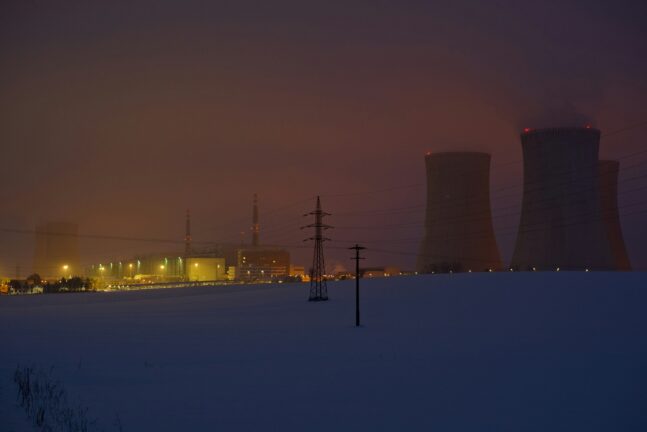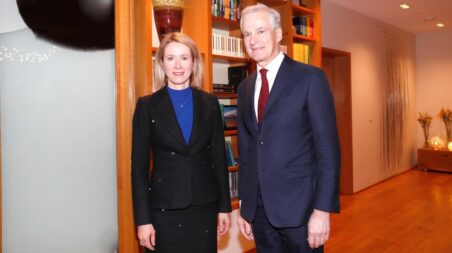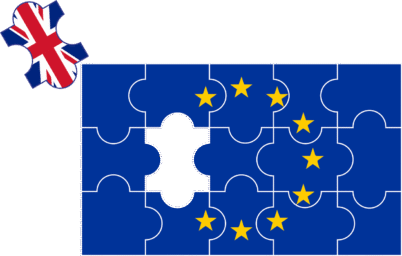The European Union is trying to tighten rules preventing Russian gas from slipping into the bloc’s supplies after a phased ban takes full effect by late 2027. The Danish presidency is spearheading the effort with the goal of giving the ban more bite.
Denmark, holding the EU’s rotating presidency, has proposed requiring gas importers to furnish proof that gas entering via key routes—notably the TurkStream pipeline linking Russia to southeast Europe—did not originate in Russia. “Natural gas entering the Union through borders or interconnection points between the Union and Russia or Belarus and through the interconnection point Strandzha 2 / Malkoclar (Turkstream) shall be presumed to be exported, directly or indirectly, from the Russian Federation, unless unambiguous evidence” is provided, states a Danish draft, Bloomberg reports.
Sidelining Bratislava, Budapest
The measure aims to close potential loopholes, such as swap deals that could mask Russian gas by blending it with other supplies. Tracking gas provenance remains notoriously difficult once multiple sources mix in transit. Existing contracts under one year must cease by June 2026, with exemptions for landlocked Hungary and Slovakia; longer-term deals face a 2027 cutoff.
The European Commission’s June proposal—avoiding sanctions requiring unanimity—relies on weighted majority voting to sideline objections from Hungary and Slovakia, whose governments are de facto Moscow allies. Russia still supplies nearly 20 per cent of EU gas demand.
While the commission barred new deals from 2025, concerns linger over legal vulnerabilities. Spain and others question whether the law will let buyers invoke force majeure to exit existing contracts without penalties. Austria warns the ban could strain infrastructure and wants reassessment clauses should Ukraine and Russia reach a peace agreement.
You might be interested
Enforcement is central
The challenge lies in enforcement. Without robust tracing mechanisms, Russian gas could still seep through third countries or opaque swaps. The Danish plan shifts the burden of proof to importers, but verifying claims may prove arduous. As Europe races to sever energy ties with Moscow, the stakes extend beyond regulation: each loophole closed inches the bloc closer to energy sovereignty—or risks leaving it dependent on a foe.
Unlike many previous economic measures by the EU to make the Russian economy bleed, the Danish proposal may carry some actual weight. Closing the gas loophole alone will not break Moscow but it may exacerbate the pain ordinary Russians feel because of the war. That, in theory, could nudge the Russian leader, Vladimir Putin, towards accepting some sort of ending to the war he has been waging against Ukraine for 40 months.
Natural gas (going through) Turkstream shall be presumed to be exported, directly or indirectly, from the Russian Federation, unless unambiguous evidence is provided. — The Danish Presidency of the Council of the European Union
That pain is growing. Russia is struggling to meet even conservative central bank estimates for growth this year, casting doubt on continued assurances from Governor Elvira Nabiullina that the economy isn’t cooling excessively under high interest rates.
Slowing down
Gross domestic product expanded by just 1.1 per cent over the first seven months of the year (even according to data from Russia’s Economy Ministry). That’s barely above the lower bound of the central bank’s 1%-2% growth forecast for 2025. Current trends suggest, analysts told Bloomberg, that full-year growth may fail to meet even that conservative range.
The central bank’s expectations implicitly assume acceleration in the second half of the year, which is hard to reconcile with the growing effects of tight monetary policy, said Dmitry Polevoy, investment director at Moscow-based Astra Asset Management. He foresees full-year GDP growth of around 0.7 per cent if the current pace continues.
Denmark hopes to secure member-state consensus by October. Negotiations are to follow with the European Parliament to finalise the rules before year-end.










